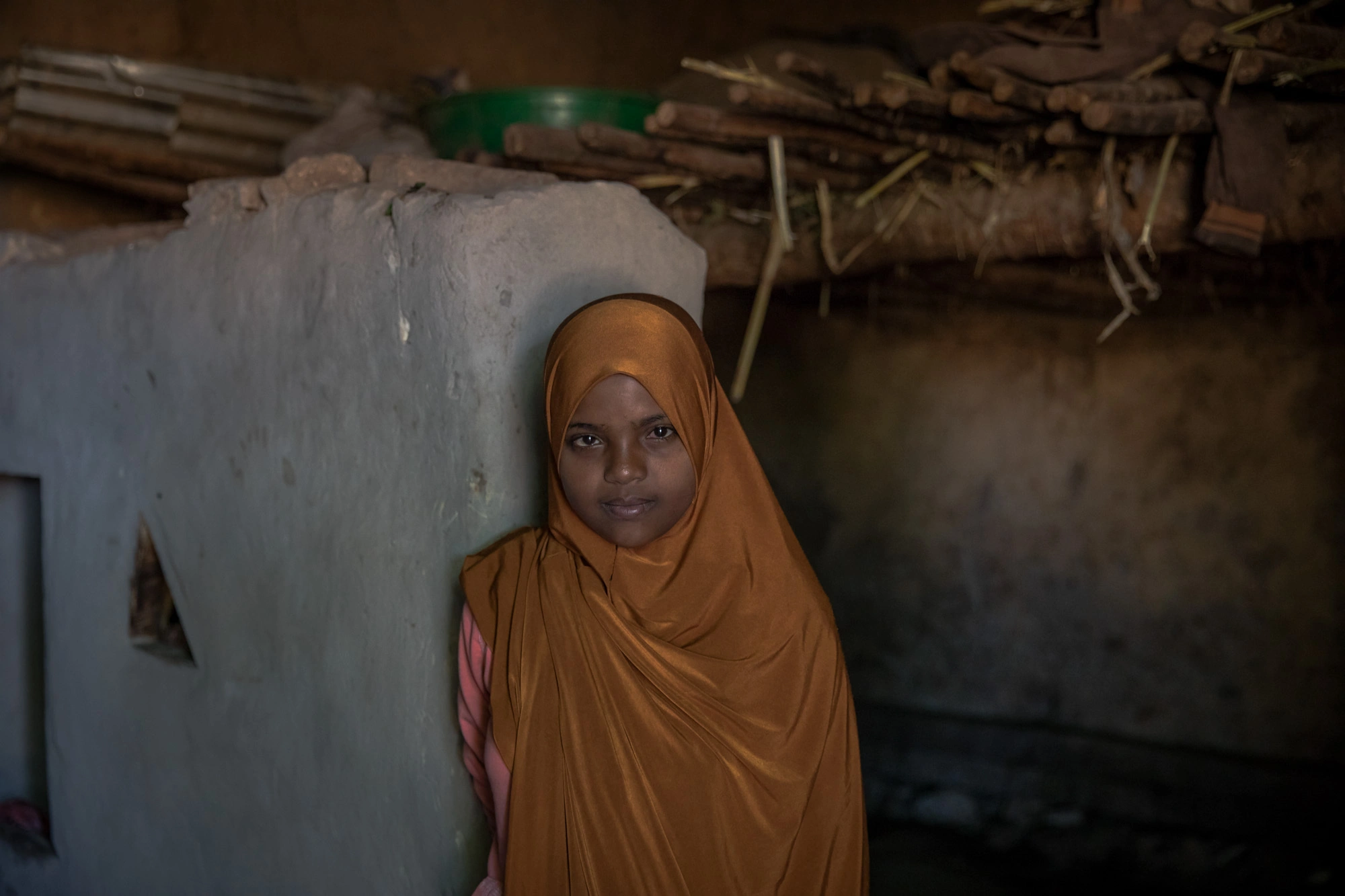Better Assistance in Crises: improving social protection for diverse young people in conflict-affected contexts
25.09.2025
Author: Kate Pincock
Around the world, protracted crises are becoming increasingly prevalent and complex, and the number of people affected by humanitarian emergencies continues to rise, presenting major challenges for the achievement of the 2030 Agenda for Sustainable Development. Emergencies related to climate change and conflict often occur in fragile settings already affected by poverty and violence, exacerbating the vulnerability of affected populations. However, humanitarian assistance typically operates on a short-term basis in response to specific emergencies, rather than recognising the compounding effects and consequences of broader structural vulnerability for affected communities.
Responding to these concerns, there is growing interest in how social protection and assistance can mitigate the overall impacts of crises and form part of ‘shock responses’ to protect and support the most vulnerable populations beyond short-term relief and assistance, spearheaded by the Better Assistance in Crises (BASIC) research programme at the Institute for Development Studies. In September 2025, ahead of the High Level Panel on Social Protection in Fragile and Conflict Settings, BASIC convened a three day event for researchers, policy makers and practitioners in the social protection field to discuss enhancing global knowledge and action on social protection for crisis-affected populations.
According to UNICEF, around 25% of children and adolescents live in countries affected by conflict and disaster, and close to 50 million young people globally are living in displacement. The detrimental impacts of emergencies on young people’s lives are now well-evidenced, and include poverty, a loss of education opportunities, and exposure to violence and exploitation. These challenges are gendered, with adolescent girls at heightened risk of sexual and gender based violence during conflict and child marriage in displacement, while adolescent boys may be particularly at risk of forced recruitment.
However, much of the evidence on the vulnerability of young people within humanitarian emergencies focuses on the shorter-term impacts of crises and related responses, which seek to meet basic needs such as health and nutrition - rather than including young people within social protection systems. Focusing on established households often means that adolescents and young people are excluded or overlooked within common modalities such as cash transfers or food aid, despite their unique vulnerabilities. For example, social protection transfers to families are often premised on normative models that assume parental presence in the home, and tend to therefore exclude, for example, adolescent-headed households, young people living alone or newly married couples living in extended family arrangements.
Understanding what kinds of assistance are needed and what works to address the needs of affected populations within complex and protracted humanitarian crises requires social research methods that can disentangle and make sense of age-specific risks and vulnerabilities, how they evolve over time and also the ways in which they intersect with other social characteristics including gender, disability and migrant or refugee status. At the BASIC conference, GAGE shared findings and experiential reflections from research in conflict-affected communities in Ethiopia, Gaza and Lebanon as to the practical and ethical challenges of generating evidence that addresses these gaps and how these might be managed in the context of longitudinal research with young people.
A recurrent theme within many papers presented at the BASIC conference was the interface between ‘formal’ and ‘informal’ social protection and assistance. While ‘formal’, institutional and ideally state-led social welfare has historically been the central focus of work on social protection, in many contexts globally, ‘informal’ assistance through community and diaspora networks and groups is increasingly recognised as central to how people cope with shocks, what their cultural and social preferences are around emergency support, and what they may need or expect from top-down social protection institutions.
Generating better evidence on different types and modalities of assistance in different contexts and what they mean to those within crisis-affected communities who are the most vulnerable and excluded can offer key insights into what ‘formal’ social protection systems should offer and how. GAGE’s presentation at the BASIC conference explored ways of mapping and investigating these dynamics. GAGE research balances data collection specifically focusing on particular social protection programmes (e.g. using the Most Significant Change tool) with research questions exploring the patchwork of formal and informal support that young people can or cannot access more broadly (e.g. using Social Network Hexagons and other participatory tools). The presentation highlighted that for many young people in conflict-affected settings a critical component of social protection that is often missing but in high demand is psycho-social support to deal with trauma and mental distress.
GAGE work also underlines that it is essential for research to engage explicitly with how multiple, intersecting power differentials, such as disability, gender and age, shape experiences of different types of assistance. It is vital that social differences are not collapsed when working with the ‘community’ or indeed even ‘youth’ as a category of crisis-affected people because the inequalities they generate will in turn shape experiences of emergencies and the types of support young people can access – both ‘formal’ and ‘informal’. For example, GAGE research on access to social assistance during and after conflict in northern Ethiopia found that despite emergency food aid being distributed, young people with disabilities were often unable to safely travel to distribution sites because of ongoing violence and had to rely on neighbours for assistance to survive food shortages.
GAGE findings emphasise that social protection research must not solely be concerned with evidence for the sake of improving inclusion in programming; it must be guided by a broader goal of supporting justice and equity for the most marginalised in line with the 2030 Sustainable Development Agenda to ‘leave no one behind’.
Details
Country
Ethiopia, Lebanon, Palestine
Audience type
Policy maker or donor, Programme designer or implementer
